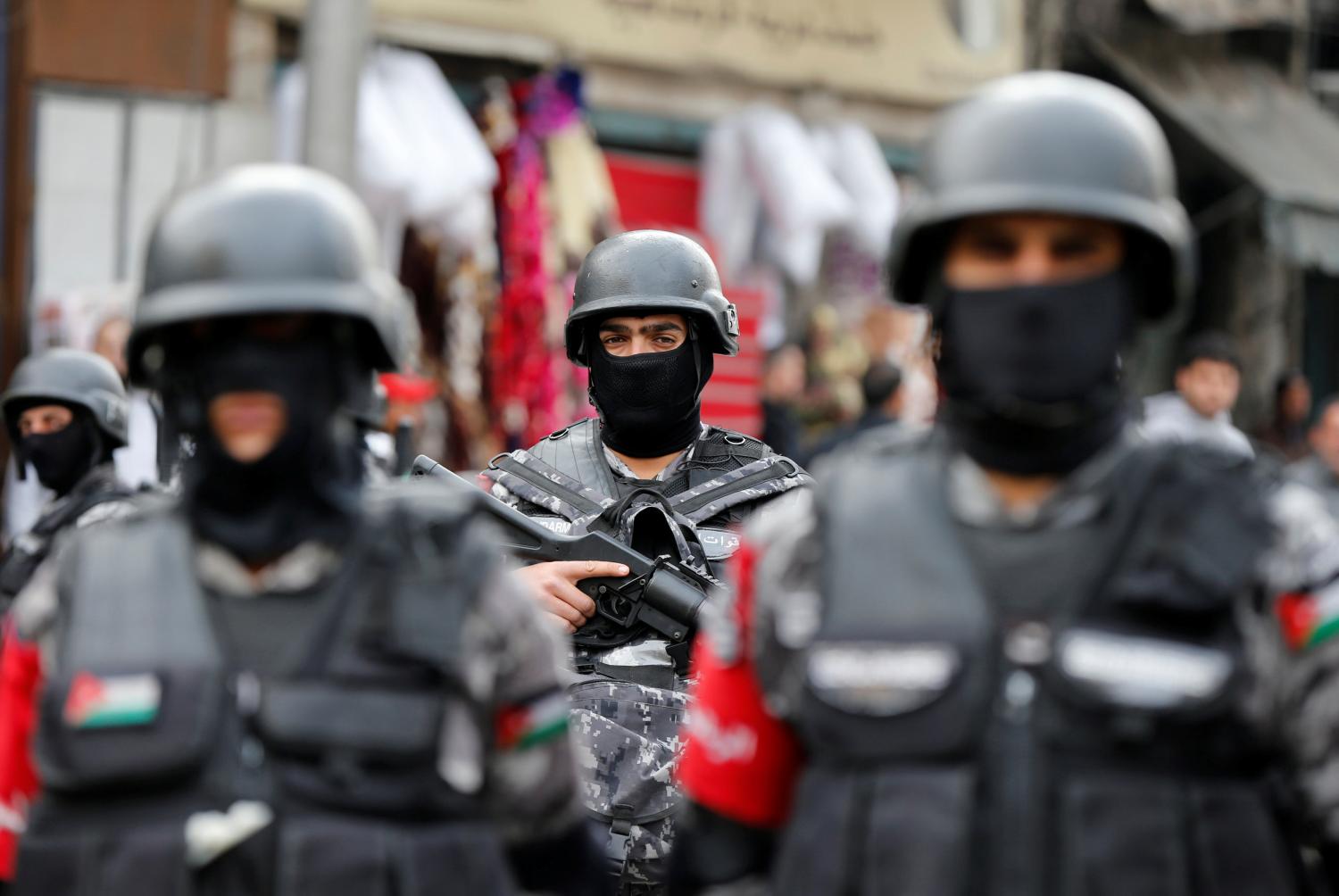Content from the Brookings Doha Center is now archived. In September 2021, after 14 years of impactful partnership, Brookings and the Brookings Doha Center announced that they were ending their affiliation. The Brookings Doha Center is now the Middle East Council on Global Affairs, a separate public policy institution based in Qatar.
Long regarded as an “oasis of stability” in a conflict-ridden region, Jordan has faced an increasing number of security challenges in recent years. Neighboring Iraq and Syria are fragile or broken, flooding Jordan with refugees and acting as hotbeds for extremism. Thousands of Jordanians have gone to fight in those countries, and a wave of terrorist attacks has struck the kingdom itself. As a result, the regime’s stance toward Jordan’s variety of Islamists has evolved.
Grappling with Islamism: Assessing Jordan’s evolving approach
In this Brookings Doha Center analysis paper, Beverley Milton-Edwards examines how Jordan is grappling with the growing threat of jihad and Salafi-jihadi movements. She finds that the state increasingly portrays all of Jordan’s Islamists as a monolithic and fundamental threat, and has employed heavy-handed security tactics accordingly. Arguing that this strategy is flawed, Milton-Edwards recommends that Jordan and its allies should strengthen the kingdom’s resilience through developing a security approach that leverages—rather than undermines—Jordan’s strong and inclusive social fabric.
The Brookings Institution is committed to quality, independence, and impact.
We are supported by a diverse array of funders. In line with our values and policies, each Brookings publication represents the sole views of its author(s).




